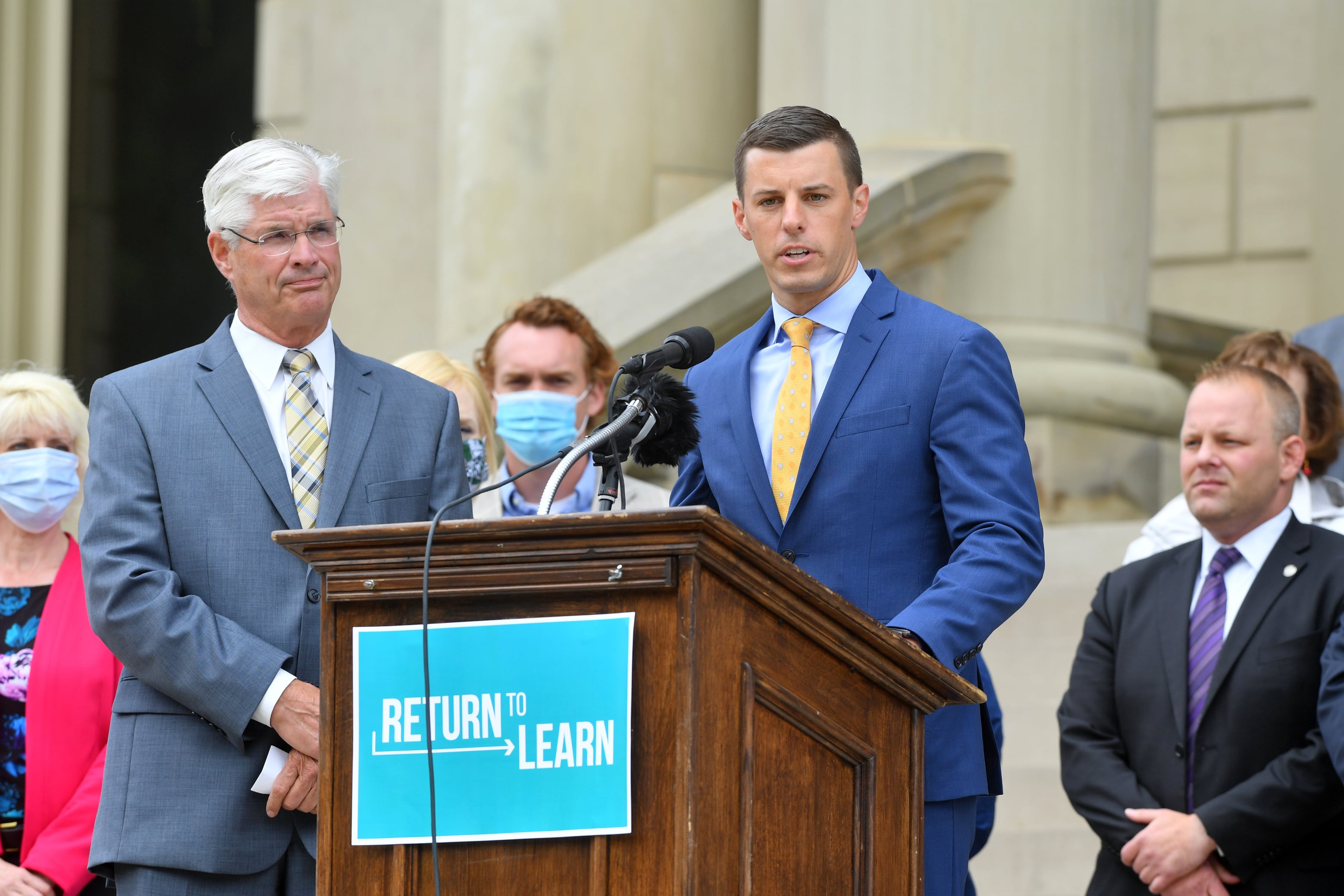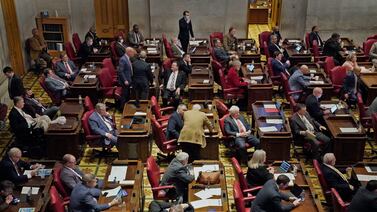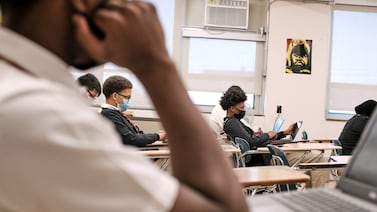The Republican-controlled Michigan legislature voted today to use federal coronavirus aid money to give schools a small financial cushion as they brace for major cuts next year.
The coronavirus recession sharply reduced the tax revenues that support key state services, including schools. Cuts aimed at balancing the state budget could have hurt schools’ ability to pay for the equipment and staff that they’ll need to reopen safely in the fall.
Instead, top GOP lawmakers and Gov. Gretchen Whitmer, a Democrat, reached a deal that will give schools $256 million more than they were initially allocated for the 2019-20 school year, roughly a 1.7% increase. The extra money will cover unexpected costs such as device and internet costs, masks, and hand sanitizer. All K-12 classroom teachers will also receive a “hazard pay” grant of $500 for their work during the pandemic.
The deal taps roughly $2 billion in coronavirus aid that the federal government allocated to the state. Another $390 million in federal funds went directly to Michigan schools.
School leaders have been warning that they face additional costs connected to the pandemic, and some welcomed the news:
The deal doesn’t spare the state’s education sector entirely: it includes $3.2 million in cuts to the state education department via spending freezes and temporary layoffs and eliminates $9 million from the Marshall Plan for Talent, a $40 million education initiative of former Gov. Rick Snyder, a Republican.
Those cuts signal what could be a historically tight few years for schools. State officials are anticipating a $1.2 billion shortfall in the education budget — nearly 10% of the total — during the 2020-21 fiscal year, which begins in October, and they are forecasting a similar shortfall for the following year.
It is not clear whether more federal funding will come, or whether Whitmer and legislators can reach another bipartisan agreement for the coming fiscal year. Nonetheless, schools need to know how much money they can expect as they prepare for the coming year, said Mark Greathead, superintendent of Woodhaven-Brownstown Schools and president of the Tri-County Education Alliance, in a statement.
“This effort is a good start, but only a start,” Greathead wrote, “as lawmakers must now immediately shift their focus to the FY 20-21 budgets and provide schools the funding certainty necessary for our classrooms to be able to safely reopen this fall.”








